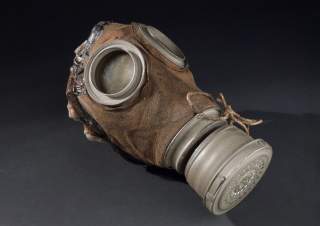The Five Most Important Arms-Control Agreements
TNI takes a look at the five most important arms-control agreements of the 20th and 21st centuries, with a focus on how they changed the behavior of governments and the conduct of war.
Serious negotiations began in 1985, with both sides signing a treaty mandating huge cuts in warhead and delivery systems in 1991. The treaty left several benchmarks for demobilization and disassembly. Decommissioning and disposing of nuclear weapons is dirty, expensive work. Without the compulsion of START, both the Russians and Americans might have delayed the work, allowing the arsenals to fester and decay under conditions of limited scrutiny and poor maintenance. This could have produced disastrous consequences.
The Russian and the Americans would undoubtedly have reduced their nuclear arsenals at the end of the Cold War even without START, but there’s little chance that the reductions would have been as orderly and transparent. Without the START I reductions, managing and eliminating the surviving nuclear arsenals of the post-Soviet states would have proven much more difficult. Similarly, the transparency and monitoring tools provided by START helped Moscow and Washington keep track of and lock down the deteriorating Soviet nuclear-arms complex.
Conclusion
Few arms-control agreements have succeeded completely. Even those that work well depend on a confluence of favorable factors. Some argue that such agreements have only a marginal effect, with most of the work being done by traditional concerns of expense, deterrence and power. Even if the effect of arms control is marginal, however, it’s important to remember that much of the important work that we can do in foreign policy happens on that margin, and that the various arms-control efforts of the last century have had some important effects on how nations prepare for and fight war.
Robert Farley is an assistant professor at the Patterson School of Diplomacy and International Commerce. His work includes military doctrine, national security, and maritime affairs. He blogs at Lawyers, Guns and Money and Information Dissemination and The Diplomat. Follow him on Twitter:@drfarls.
Image: Wikimedia Commons/wellcomeimages.org/CC by 4.0

